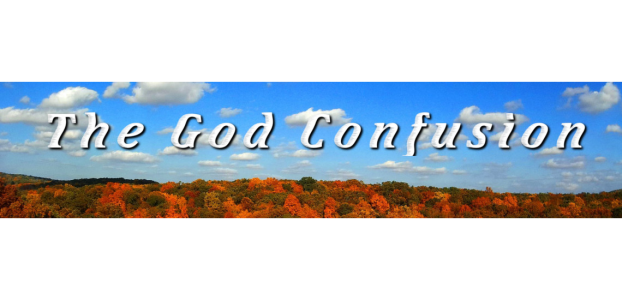Dr. Richard Dawkins begins his best-selling book The God Delusion with the caveat in chapter 1 (on page 41 of my edition) that he is not “talking about the God of Einstein” when he says there’s no God.
In other words, when Dawkins claims that there is no God, he doesn’t mean that there is no God. In fact, he means just the opposite, that there is a God. His point is that God is more like what (Dawkins thinks) Einstein believed in than what (Dawkins thinks) the fundamentalists believe in. More generally, his book is actually about the nature of God, not about the existence of God.
What’s going on? Why have so many people used his book in support of atheism when he specifically writes that he has no problem with God as understood by Einstein and others?
Dawkins gives us a hint. He writes on the same page that when he denies God he is “only talking about supernatural gods” (his emphasis), like “Yahweh, the God of the Old Testament.” He adds that Yahweh is the god “most familiar to the majority” of his readers.
And here is the problem in a nutshell. Richard Dawkins, and many more like him, have latched on to a narrow notion of God and an equally narrow notion of the Bible, then condemned an entire undertaking based only on those limited notions.
I think that the interesting conversations are: What counts as supernatural? Why does Dawkins think the God of the Old Testament is supernatural? (I don’t.) And, more generally, why has he chosen to frame his discussion of the nature of God as “there is no God” instead of as “Einstein was right that there is a God”?

It seems to me that much of the discussion assumes that religion cannot exist without belief in God, but to me there is a difference. Religion and religious rites are a way of symbolizing our cultural values independent our belief in a deity (of whatever sort).
LikeLike